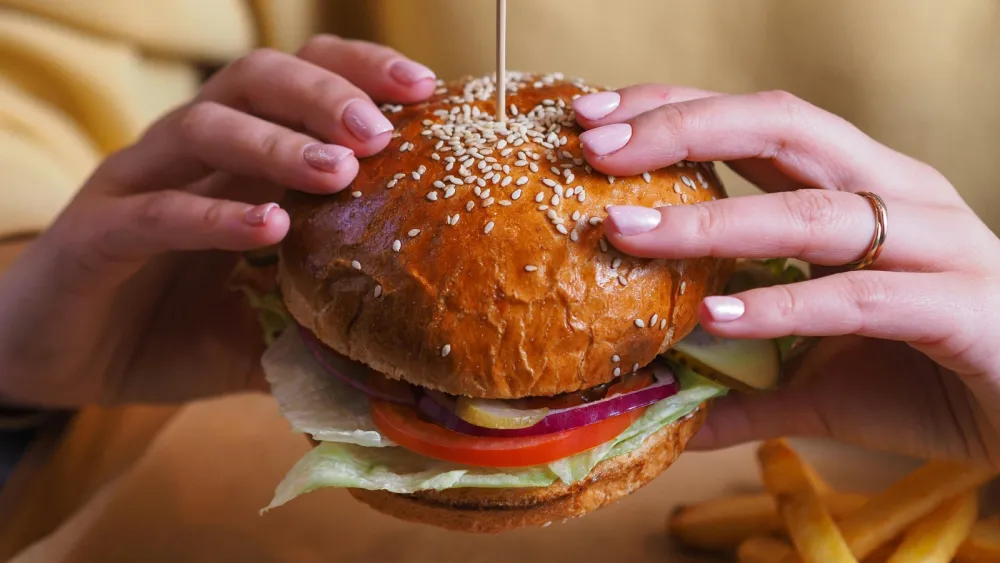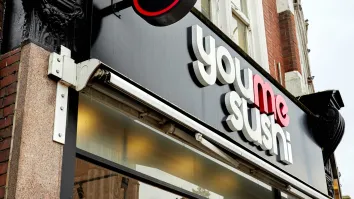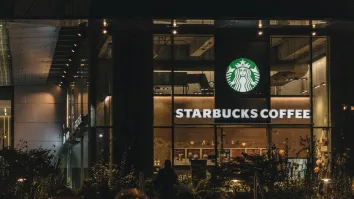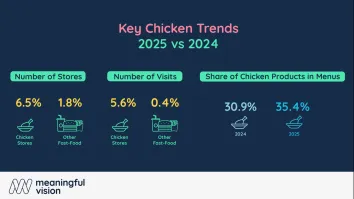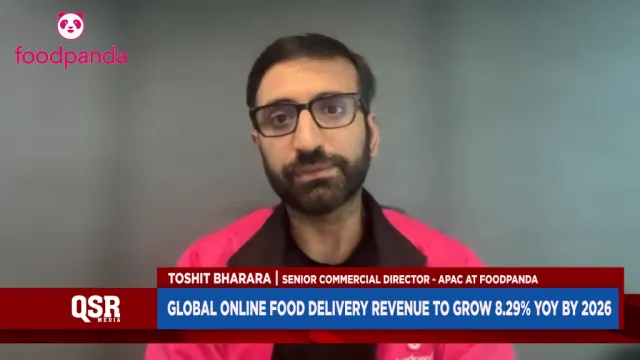
What will drive UAE’s fast-food market to reach $25.36b by 2033?
The segment will grow at 19.2% from 2025 to 2033.
The quick-service restaurant industry in the UAE is bound to reach $25.36b by 2033, driven by urbanisation, rising demand for convenience food, and the proliferation of both international and regional QSR brands, a report by Research and Markets revealed.
The QSR sector in the UAE benefits from a fast-paced lifestyle, increased disposable incomes, and a robust tourism industry. The report said that the UAE’s diverse expatriate population has created a demand for a wide variety of cuisines, from American fast food to Middle Eastern flavours. Moreover, digital advancements, such as food delivery apps and contactless payments, are accelerating the market's expansion.
Rapid urbanisation has shifted consumer eating habits towards speedy, affordable meals. The expanding urban workforce, longer working hours, and an increase in the number of shopping malls and entertainment centres contribute to the market's vibrancy.
The Dubai 2040 Urban Master Plan aims to boost the quality of life and happiness for residents, integrating urban development with economic priorities and needs.
Digital platforms such as Talabat, Deliveroo, and Zomato are propelling the QSR market further by making food ordering more accessible and efficient. These platforms offer quick delivery and promotional discounts, prompting QSR brands to enhance their digital presence through increased delivery networks and investment in cloud kitchens.
Meanwhile, the tourism industry is seen as another vital growth driver. As a top global tourism destination, the UAE attracts millions of visitors annually who prefer quick and easily accessible eateries, including international fast-food chains. Airports and tourist sites see significant traffic, supporting market growth. The UAE Tourism Strategy 2031 further bolsters the sector's development through sustainable initiatives.
The report said that the competitive nature of the UAE's QSR market features global and local players vying for market share. Distinguishing factors include menu innovation, pricing strategies, and superior customer experiences. High rental prices and marketing expenses pose challenges, especially for smaller operations.
Growing health consciousness among consumers is shifting demand from high-calorie fast food to healthier alternatives. QSRs are adapting by adding grilled, organic, vegetarian, and low-calorie options to their offerings. The popularity of segments like gourmet and veggie burgers highlights shifting consumer tastes.
Other key segments of the QSR market include ice cream, driven by the UAE's warm climate, and pizza, favoured for its customizability and delivery convenience. Chains have also expanded into travel hubs, leisure locations, and retail environments. Airport and travel food courts host diverse regional and international brands, enhancing travellers' dining experiences.
